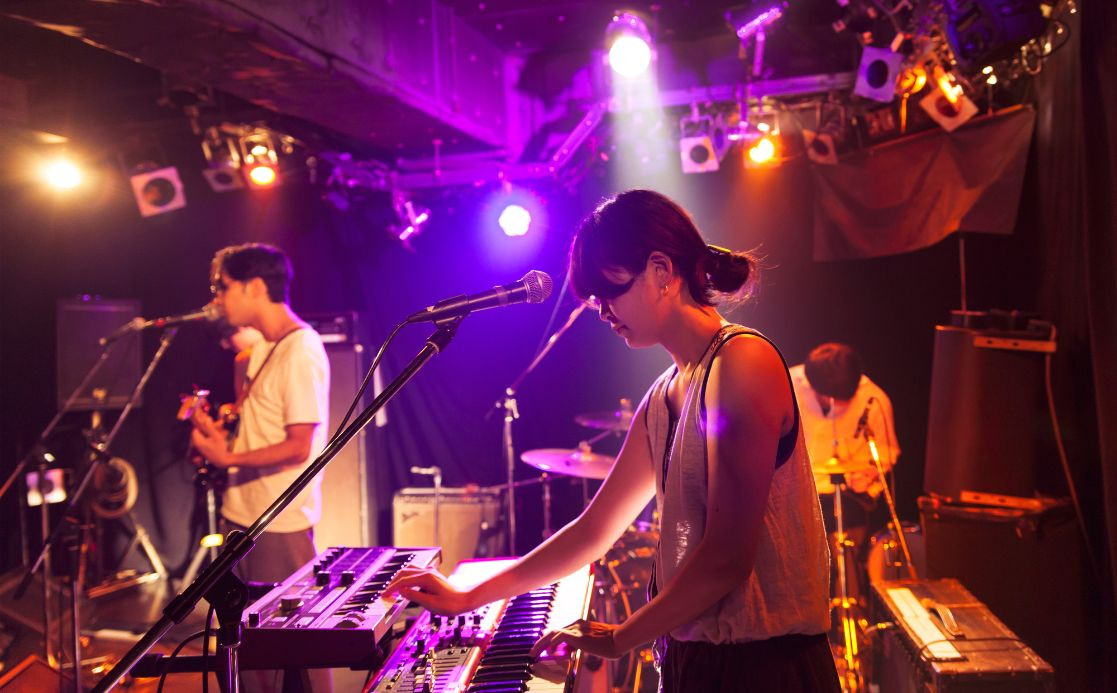How to Get Ready for Piano Performances and Recitals

Most students who pick up the instrument will probably have to practice for piano recitals, concerts, auditions, and tests at least once if not more than once. A recital is a special event, as we can see if we consider it seriously. The most exquisite and lovely of all art forms, music, is being brought to life by the pupil. A student's recital is an important and admirable undertaking!
The Emotions of a Child
For an instant, picture a youngster getting ready to perform at a performance. Youngsters have a great deal of sensitivity, sometimes more than they show. Whether they realize it or not, children are left entirely exposed when they enter a concert or piano recital. They are on stage by themselves, and all eyes and ears are on them. A recital might give a youngster more composure and confidence or have the exact opposite effect.
The Team of Parent Teachers
You can show your child that you support them when they perform music. In the optimal situation, you and the child's instructor work together as a team—that is, you both have awareness and sensitivity. When a youngster realizes they're not alone, they are more willing to share music with others. Your youngster feels buoyant knowing that you are there to support them.
Your youngster will develop self-reliance in this way, which translates to independence. The learner can assess oneself using one's own perception of reality, regardless of the audience's or judges' reaction. Under the watchful eye of a skilled instructor, the kids honestly and sincerely evaluate their performance. The students' confidence will develop and last for the rest of their lives.
Getting Ready for Interpretations
The act of practicing for a performance is an application to do something amazing! The pupil is committed to a purpose and objective, growing in concentration, self-control, and dedication. These traits strengthen character and apply to many student life facets!
Practice Tips for the Learner
Investigate the composer and the work you're studying a little. What message do you believe the composer was attempting to convey? This is a really important query! No matter how well-known, all music was made by an individual trying to express themselves while sitting in front of a blank piece of paper. Assume you were present when it was taking place!
Expression and significance: Evaluate the piece's significance in light of your study. How does it feel? What motivated you to master the song? Your practice and interpretation of the song will benefit from this!
Technical Mastery for Piano Recitals: Remember that learning to play the piano physically involves the formation of new brain connections! Practice slowly and precisely.
Avoid Nerves During Piano Recitals
Inhale and unwind: Take some time when you sit down to perform at the piano for the first time. Inhale. Unwind. Give it time. It's alright. Consider the individuals who are supporting and looking out for you. Next, think about the song you are going to perform. What aspects of the work appeal to you? Are the runs of notes lively? Is the melody serene and flowing? Is the tone brash and strong? You have to play the piece as though it were your own. You're there to share your passion for it! Give it a minute, and start there.
Lastly, a piano performance usually has a conclusion! Don't worry if you make errors or lose your path. You can gracefully close the piece. It is very amazing to witness and will motivate everyone in attendance.
Maintain your concentration as you get to the last few bars. Pay attention to the last phrase as you play the last note, and it fades into stillness. Captivate the listeners with the grandeur of the melody. Long after the performance is over, people will still remember that. You've produced a lovely, enduring encounter.
You can Buy digital piano, Buy grand piano, Buy upright piano from our piano store in Dubai with amazing deals & offers.
